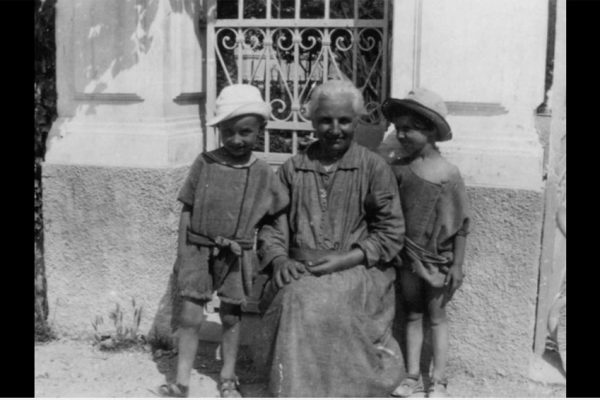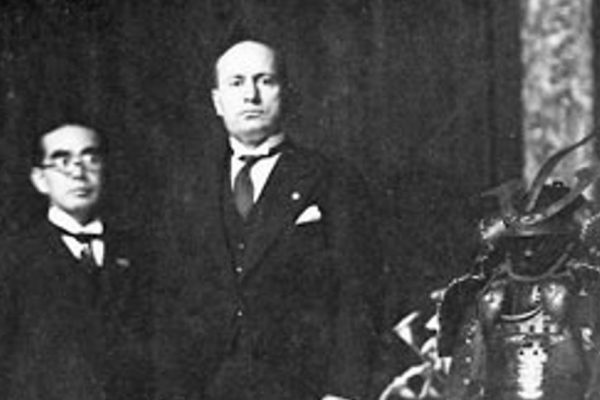Vizio di forma is the second collection of fantastic-technological and fantastic-biological stories by Primo Levi. As opposed to Storie Naturali, which was published five years before under a pseudonym, this collection has Levi’s name on the jacket. The stories were written between 1968 and 1970. Here we give the text on the inner jacket of the first Einaudi edition of 1971 in the series “I coralli”.
It is anonymous, but can in all probability be attributed to Levi. Next, there is a text signed by Primo Levi, the conclusion of his 1987 letter to his editor on the occasion of a reprinting of the book, which was re-published a few weeks before his death.
“Will there be future historians, let’s say, in the next century? It is not at all certain. By then, humanity might have lost all interest in the past, busy as it surely will be at unraveling the woolen ball of its future.
Or it will have lost its taste for the works of the spirit in general, being wholly focused only on surviving.
However, if we do find historians, they would probably dedicate very little time to the Punic Wars, to the crusades, or to Waterloo, and, instead, would bring this twentieth century to the center of their attention, and, more precisely, this decade that has just began. It will be a unique decade.
As these few years have rolled by, almost from one day to the other, we have noticed that something definitive has happened or is about to happen – like the person who, sailing on a calm river suddenly notices that the banks are racing backwards, that the waters are full of maelstroms, and already starts to hear the roar of the waterfalls.
There is not any index of measurement that has not taken off – the world population, the Ddt in the fat of the penguins, the carbon dioxide in the atmosphere, and the lead in our veins.
While half of the world is still waiting for the benefits of technology, the other half has touched lunar soil and is being poisoned by the waste that has accumulated over a few decades. Nevertheless, there is no choice.
We cannot go back to Arcadia. Again, from technology, and only from technology can the restoration of planetary order take place – the mending of the ‘vizio di forma’ [‘structural defect.’]
In the face of the urgency of these problems, political questions pale.
This is the climate, literally and spiritually, that serves as the setting for the twenty stories of Primo Levi that we are presenting.
Beyond the veil of irony, the climate is near that of his earlier books. Here we breathe in an aura of sadness that is not desperate, of diffidence for the present and at the same time substantial confidence in the future.
The human being, the craftsman of himself, the inventor and sole owner of reason, will find out how to stop himself in time in his walk ‘westward.’
[“Westward” is the title of Levi’s story about lemmings, going to find their voluntary deaths in an unending row.]” [jacket, Einaudi “Coralli” series, 1971]<br><br>
Source: www.primolevi.it








